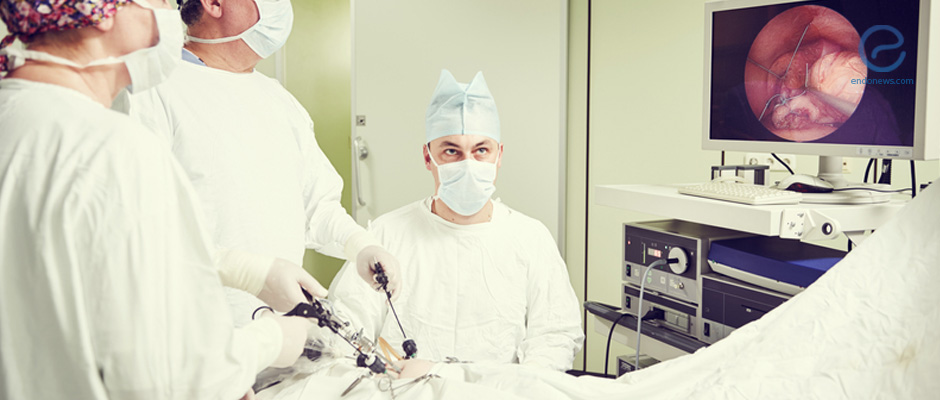Treatment of minimal endometriosis in infertile women
Nov 17, 2017
To increase pregnancy rates and improve live birth rates, European Society of Human Reproduction and Embryology (ESHRE) recommends operative laparoscopy "excision of lesions" rather than diagnostic laparoscopy for women with stage I/II endometriosis.
Key Points
Highlights:
- Evidence suggests laparoscopic removal of mild endometriosis and associated adhesions enhances fertility. On the contrary, there is no known benefit to the laparoscopic destruction of mild endometriosis in women undergoing assisted reproductive treatment.
- Further studies are needed to understand endometriosis-related infertility and how it may be overcome in women with mild endometriosis.
Importance:
- Setting evidence-based guidelines for the treatment of minimal endometriosis in infertile women to increase pregnancy rates.
What’s done here?
- This article discusses the evidence that forms the basis of ESHRE recommendations on whether laparoscopic treatment of minimal endometriosis increases fertility of women and whether this surgery should be performed prior to assisted reproductive treatment in women with mild endometriosis.
Key results:
- Based on the strong evidence, authors conclude that laparoscopic destruction of minimal to mild endometriosis lesions enhances fertility compared to diagnostic laparoscopy alone.
- There is no clear benefit to surgical treatment of mild endometriosis prior to assisted reproductive treatment to improve fertility.
Limitations of the study:
- For the studies related to assisted reproductive treatment, the presence of additional infertility issues was not taken into account when evaluating the benefit of laparoscopic removal of mild endometriosis.
Lay Summary
For women with mild/minimal endometriosis, European Society of Human Reproduction and Embryology (ESHRE) recommends the removal of endometriotic lesions to improve fertility and increase pregnancy rates. For women undergoing assisted reproductive treatment, there is ongoing debate whether surgical removal of endometriosis improves reproductive outcomes. Although ESHRE guidelines state that surgical removal of the lesions can be considered before assisted reproductive treatment, they acknowledge that the benefit of surgery is not well established in these cases.
This paper discusses the available evidence regarding the benefits of surgical removal of endometriosis lesions in women with mild endometriosis in enhancing fertility and pregnancy rates, whether spontaneous or assisted.
There is substantial evidence pointing to the beneficial effects of laparoscopic destruction of endometriosis lesions in women with mild/minimal endometriosis regarding improved fertility. However, the evidence is not as robust in determining the benefits of surgery in women undergoing assisted reproductive treatment.
Available data show no significant improvement in fertility of these women. This is partially because IVF is supposed to bypass all the deleterious effects of endometriosis in the peritoneal cavity or the fallopian tubes. Therefore, the presence of minimal disease should not interfere with the success of IVF. Still, in the case of deep invasive disease, surgical removal of lesions are beneficial to the success rate of IVF.
On the other hand, it should be noted that this paper reviews the available data in literature, most of which did not take into account the possible additional infertility conditions that the couples might have when they receive assisted reproductive treatment, indicating the benefits of laparoscopic surgery might be masked by the presence of other infertility conditions. Overall, further studies are needed to understand better the mechanisms of endometriosis-associated infertility and ways to overcome this barrier faced by many women with mild endometriosis.
Research Source: https://www.ncbi.nlm.nih.gov/pubmed/29100809
IVF assisted reproductive treatment laparoscopy mild endometriosis infertility

